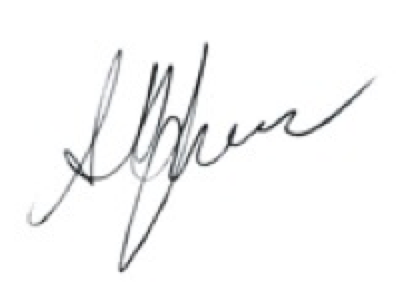I am hardly an expert on how the United Nations works, but I am happy to share with you what I have learned from personal experience. As an anthropologist, I have worked inside and outside the UN. I have traveled to every region of the world to discuss global problems with some of the world’s most interesting people, including villagers, traditional healers, scholars, UN officials, and heads of state.
Through the years, I have succeeded in making the UN an intimate part of my identity. Like a cannibal hoping to capture their powerful spirits, I have devoured UN documents in bits and pieces. I can assure you that UN documents are—pardon the expression—excellent food for thought. What about all that jargon? Once you enjoy the excellent flavor of the ideas, the hard-to-understand stuff is just gristle around the edges.
You might ask, “Why bother trying to understand the UN?” Millions of people think that the UN isn’t delivering on its promises. However, I have seen the UN bottom-up from the vantage point of refugees, lepers, survivors of sexual violence, rural girls, and indigenous peoples. For them, ideas at the UN bring hope and promise for a better world. The UN represents what governments once aspired to for all of humanity: human rights, equality, development, and peace.
What is the UN’s future? I have learned one truth: the UN will be what we make of it. The secret is for all of us to take responsibility for its progress.
This is an excellent era to be involved with the UN. 2012 marked Korea’s Year of the Water Dragon, the launch of a new cosmic cycle of 60 years. We are living in the dragon’s time when courage, creativity and imagination will be rewarded. Let us imagine a new and better beginning.
